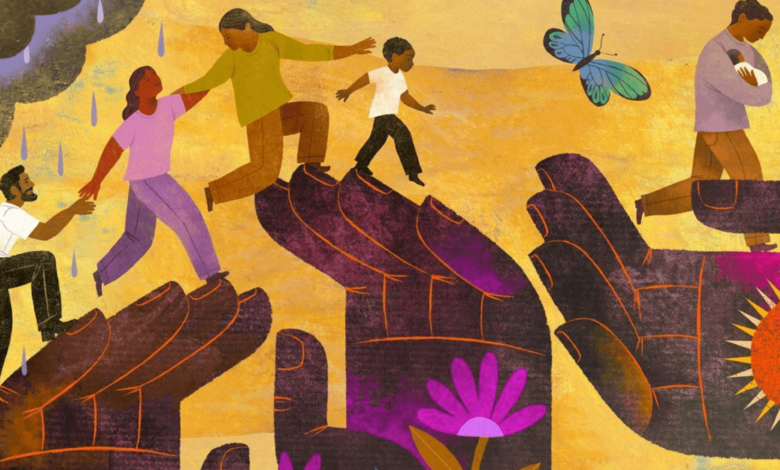Navigating Borders with Expertise and Compassion

Understanding the Role of Immigration Lawyers
Immigration lawyers play a crucial role in guiding individuals through the intricate web of legal processes involved in immigration. Whether someone is applying for a work visa, seeking asylum, or trying to obtain permanent residency, the steps can be overwhelming without professional guidance. These legal professionals have in-depth knowledge of laws, policies, and documentation requirements that most people find complex and confusing. Their ability to interpret the law in a way that serves their clients’ best interests is what makes their work indispensable. With immigration laws constantly evolving, staying updated and knowing how to react to these changes is a vital part of their service.
In addition to their legal expertise, immigration lawyers often serve as emotional pillars for individuals facing uncertainty and stress. Immigration is not just a matter of paperwork but a journey of hope, risk, and life-changing decisions. A qualified lawyer understands this emotional landscape and brings a balance of empathy and professionalism. They don’t just process cases—they build relationships with clients who may be experiencing fear, excitement, or desperation. It’s their responsibility to guide these individuals not only legally but also supportively, ensuring that their clients understand the process and feel heard throughout their legal journey.
Key Services Offered by Immigration Lawyers
One of the primary services Immigration lawyers queens provide is assisting clients with visa applications. This includes student visas, work permits, investor visas, family reunification visas, and others. Each type of visa has its own unique criteria, supporting documents, and legal hurdles. A skilled immigration lawyer can ensure that all necessary paperwork is properly filled out and submitted on time, helping reduce the chances of delay or denial. They are trained to anticipate challenges and correct mistakes that might otherwise lead to rejection. By doing so, they protect their clients from the consequences of non-compliance and missteps, which could result in legal issues or deportation.
Another essential service is representing clients during legal proceedings and appeals. In cases involving deportation, asylum claims, or detention, an immigration lawyer becomes an advocate who argues the case in front of judges or immigration officers. They know how to prepare compelling legal arguments, submit proper documentation, and challenge decisions that may be unjust. Their involvement can make the difference between a family being separated or staying together, or an individual being forced back to danger or given a second chance. This courtroom advocacy is a powerful part of their profession and often requires not only legal skill but strategic thinking and persuasive communication.
The Human Impact Behind Legal Success
The stories behind immigration cases are often deeply personal and filled with struggle. Immigration lawyers witness firsthand the hopes and dreams that propel people to seek a better life. They meet students who aspire to study abroad, professionals who want to build global careers, refugees fleeing violence, and families striving to reunite across borders. Every case is more than just a legal challenge—it’s a human story. Lawyers often become part of these stories, advocating tirelessly for their clients and celebrating their victories as if they were their own. This emotional involvement makes their work incredibly meaningful and rewarding.
Success in immigration law doesn’t just mean winning cases—it means changing lives. When a lawyer helps a person receive asylum or a green card, they are not just achieving a legal goal; they are helping to open doors to safety, stability, and opportunity. The impact can ripple across generations, as families are able to establish roots and contribute to their new communities. These transformations are a testament to the vital work immigration lawyers do. They are not just interpreters of the law but facilitators of hope, agents of change, and defenders of human dignity in a complex and often unforgiving legal system.





